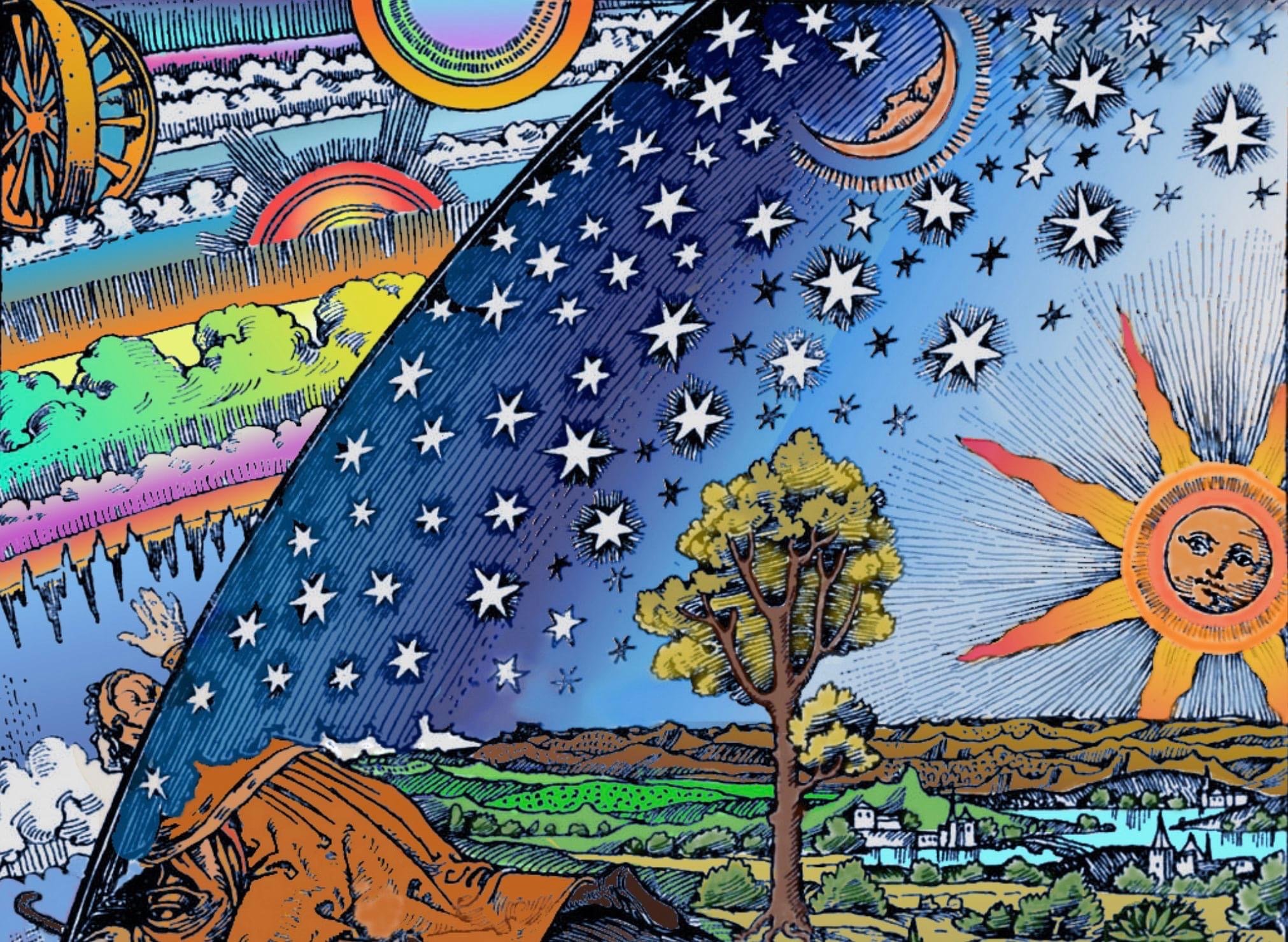“That’s not my experience!”
How many times have you heard that phrase when trying to explore an idea or advance a line of reasoning with a friend or colleague? Or even worse, perhaps you’ve recently used it yourself in an attempt to relativize or discredit somebody else’s perspective?
Here’s the thing. There are about a million areas where any one person’s experience, or even any 10 million people’s individual experiences aren’t really relevant as a touchstone or truth test. This is especially true these days in the rising Culture Wars where many people have limited capacity when it comes to separating out facts from feelings or distinguishing between generalities and specifics. “That’s not my experience” has emerged here as a favorite cop-out when people get uncomfortable with ideas and implications, and instead of being offered as an invitation for deeper learning this phrase is now commonly stated with an air of finality as a declaration that the conversation is over.
But guess what? Their personal experience is extremely limited. As is yours, and mine too. My “personal experience” in looking around my everyday life is that the Sun rises in the East and sets in the West. That the Earth is flat, and that the stars go away in the daytime and come back at night. These “mysteries” captured the attention of history’s greatest thinkers, such as Confucius and Aristotle, and many theories were put forth in attempts to make sense of it all. Were there great wheels in the heavens, turning everything about? Maybe a huge curtain, with lights shining through holes in it? Or perhaps even chariots of the gods pulling them all about?
Now, through the diligent work of more recent thinkers like Copernicus, Galileo, and others, it’s common knowledge that our collective “personal experience” of the movement of the Sun, Earth, and Stars is not a good reflection of how things actually work. The heliocentric Solar System and its basic mechanics are now common knowledge for 1st graders. Let that settle in for a minute. A question that puzzled some of history’s greatest minds has been resolved, and the resulting model is now taught in children’s books. Wow. That’s pretty impressive progress, and only one example out of many I could have chosen.
This advancement in knowledge only became possible when “That’s not my experience” was not seen as an ending point for inquiry, but as a starting point. It might be worth it to peek behind the curtain of your own belief systems. Where have you been using your experience as a wall to be defended, and where might you better see it as a door to be opened?

